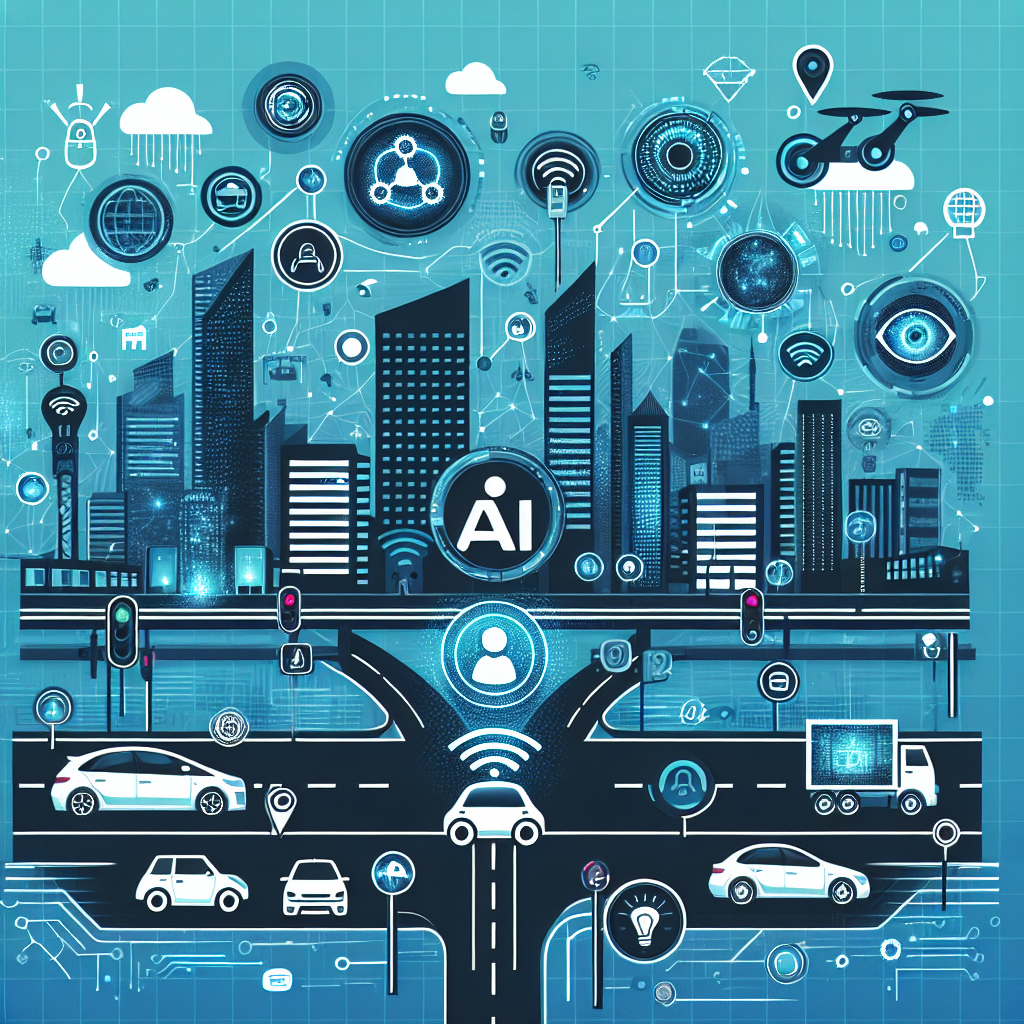As urban populations continue to grow, cities around the world are facing new challenges in terms of managing transportation, infrastructure, and public services. In order to address these challenges, many cities are turning to artificial intelligence (AI) tools to help streamline processes, improve efficiency, and enhance the overall quality of life for residents. From traffic management to energy conservation, AI is playing a crucial role in the development and management of smart cities.
Implementing AI tools for smart city development and management involves utilizing advanced technology to collect and analyze data in real-time, allowing for more informed decision-making and proactive planning. By harnessing the power of AI, cities can optimize resource allocation, reduce waste, and improve the overall sustainability and livability of urban environments.
One of the key areas where AI is being utilized in smart city development is in transportation management. Through the use of sensors, cameras, and other data collection devices, cities can monitor traffic patterns, identify congestion hotspots, and adjust traffic lights and signals in real-time to help alleviate traffic jams and improve the flow of vehicles. AI algorithms can also predict future traffic patterns based on historical data, allowing city planners to better anticipate and address potential issues before they arise.
In addition to traffic management, AI is also being used to improve public transportation systems in smart cities. By analyzing passenger data, AI algorithms can optimize bus routes, adjust schedules, and improve overall efficiency and reliability of public transit services. This not only helps reduce commute times for residents, but also reduces carbon emissions and alleviates traffic congestion on city streets.
AI tools are also being implemented in energy management and conservation efforts in smart cities. By analyzing energy consumption patterns, AI algorithms can identify areas of inefficiency and recommend strategies for reducing energy usage and lowering costs. For example, smart meters equipped with AI technology can monitor energy usage in real-time and adjust heating and cooling systems based on occupancy patterns, ultimately leading to significant energy savings for both residents and city buildings.
Another important application of AI in smart city development is in public safety and security. By analyzing data from surveillance cameras, social media, and other sources, AI algorithms can help predict and prevent crime, improve emergency response times, and enhance overall safety for residents. For example, predictive policing models can help law enforcement agencies allocate resources more effectively by identifying high-risk areas and times for criminal activity.
Overall, the implementation of AI tools in smart city development and management has the potential to revolutionize the way cities operate and improve the quality of life for residents. By leveraging advanced technology to analyze data, optimize processes, and enhance decision-making, cities can become more efficient, sustainable, and resilient in the face of growing urban challenges.
FAQs:
1. What are some examples of AI tools being used in smart city development?
– Some examples of AI tools being used in smart city development include traffic management systems, public transportation optimization algorithms, energy conservation platforms, and predictive policing models.
2. How can AI help improve transportation in smart cities?
– AI can help improve transportation in smart cities by analyzing traffic patterns, optimizing public transit routes, and predicting future congestion hotspots. This can help reduce commute times, lower emissions, and improve overall efficiency of transportation systems.
3. Are there any privacy concerns associated with AI tools in smart cities?
– Privacy concerns are a valid consideration when implementing AI tools in smart cities, especially in terms of data collection and surveillance. It is important for cities to establish clear guidelines and regulations to protect residents’ privacy while still harnessing the benefits of AI technology.
4. What are the potential challenges of implementing AI in smart city development?
– Some potential challenges of implementing AI in smart city development include high initial costs, technical expertise requirements, and concerns about data security and privacy. It is important for cities to carefully consider these challenges and develop a comprehensive strategy for successful implementation of AI tools.
5. How can residents benefit from the use of AI in smart cities?
– Residents can benefit from the use of AI in smart cities through improved transportation systems, reduced energy costs, enhanced safety and security, and overall better quality of life. By leveraging AI technology, cities can create more efficient, sustainable, and livable urban environments for residents to enjoy.

